The Windows XP Zombie Apocalypse
The countdown is finally over for those looking for extended life support for XP (unless they've inked a deal). But are they still secure?


There's a lot of the usual FUD circulating at the moment, and many of the usual suspects have jumped on the chance to use the death of XP as some kind of 'out of the ashes' promotion for Linux.
Plenty of people who should know better have buried their heads in the sand rather than commit the time and money required to move to a supported, and therefore better secured, OS platform.
If your enterprise runs PCs with custom software for XP then migrate to Linux or so the argument goes. It's touted as safer than Windows and you have to start afresh anyway. While the 'safer than' part of the debate is questionable, it does at least have some merit, while the rest of it is almost certainly going to be kicked to the kerb on cost grounds. It will cost just as much, if not more when you factor in the broader picture of learning an entirely new OS such as Linux compared to an upgrade such as Windows 7 or even 8 for that matter, as it would to have software re-engineered to run under Windows 7. Unless, that is, the hardware is so dated that it couldn't run Windows 7 but could cope with Linux. In that scenario, the number crunching starts to make more reasonable reading. However, such speculation is perhaps best left to another analysis. Right now, we're more interested in what happens when enterprises do nothing and simply keep running their bespoke apps on Windows XP from tomorrow.
"It would appear that some CIOs and IT managers have been busy mitigating the risks of Windows XP in another way: bespoke support from Microsoft. The UK government has reportedly paid 5.5 million to Microsoft to ensure support for public-sector bodies for another year, giving organisations like the NHS a little more time to complete their upgrades and migrations," adds Ovum's Edwards.
"Compared to smartphones and tablet devices, PC operating system upgrades are an ugly affair, and thus PC replacement is the preferred option. But the traditional PC replacement project is not what it once was, as there are now many more options and alternatives to be considered: Windows 7 vs. Windows 8; tablet vs. PC; Android vs. iPad; etc. But whichever option is chosen, moving on from Windows XP could prove transformational for employees and for businesses, as any change of tool brings with it a change in thinking and capability."
You can forget the 'Big ATM Meltdown' headlines, which seem to suggest that virtual armed robbers will have a heyday once the end of life date has passed as the vast majority of cash machines run on XP. They are wrong as these machines generally run on Windows XP Embedded, which is a different beast altogether and one that will continue to have Microsoft support until 12 January 2016.
Surely the big 'but' in this whole Zombie XP Apocalypse argument is the existence of real-time anti-malware protection software and services?
Get the ITPro daily newsletter
Sign up today and you will receive a free copy of our Future Focus 2025 report - the leading guidance on AI, cybersecurity and other IT challenges as per 700+ senior executives
Davey is a three-decade veteran technology journalist specialising in cybersecurity and privacy matters and has been a Contributing Editor at PC Pro magazine since the first issue was published in 1994. He's also a Senior Contributor at Forbes, and co-founder of the Forbes Straight Talking Cyber video project that won the ‘Most Educational Content’ category at the 2021 European Cybersecurity Blogger Awards.
Davey has also picked up many other awards over the years, including the Security Serious ‘Cyber Writer of the Year’ title in 2020. As well as being the only three-time winner of the BT Security Journalist of the Year award (2006, 2008, 2010) Davey was also named BT Technology Journalist of the Year in 1996 for a forward-looking feature in PC Pro Magazine called ‘Threats to the Internet.’ In 2011 he was honoured with the Enigma Award for a lifetime contribution to IT security journalism which, thankfully, didn’t end his ongoing contributions - or his life for that matter.
You can follow Davey on Twitter @happygeek, or email him at davey@happygeek.com.
-
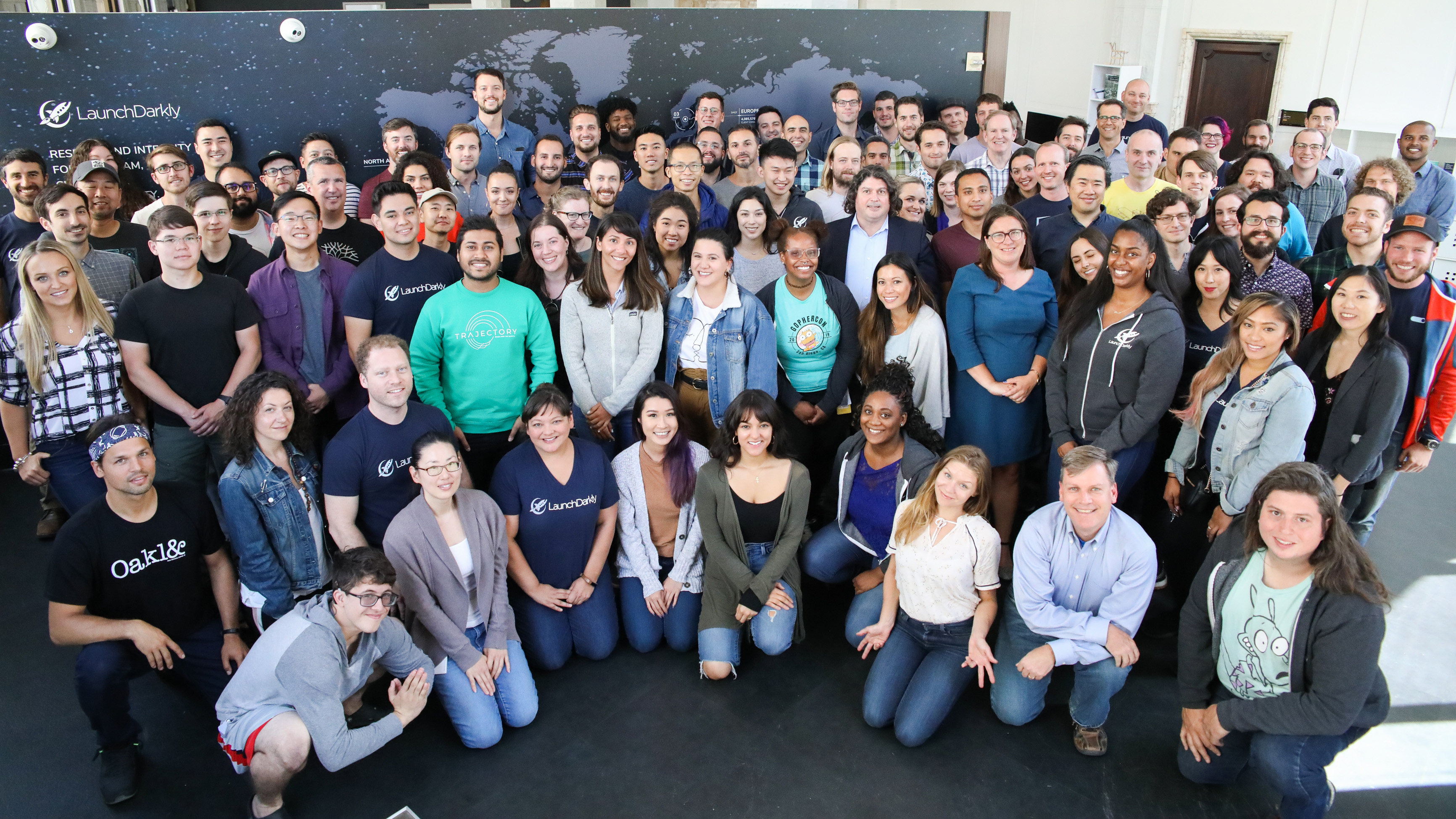 LaunchDarkly to "double down" on observability with Highlight acquisition
LaunchDarkly to "double down" on observability with Highlight acquisitionNews Highlight's observability tools will be integrated into LaunchDarkly's Guarded Releases software deployment service
By Daniel Todd
-
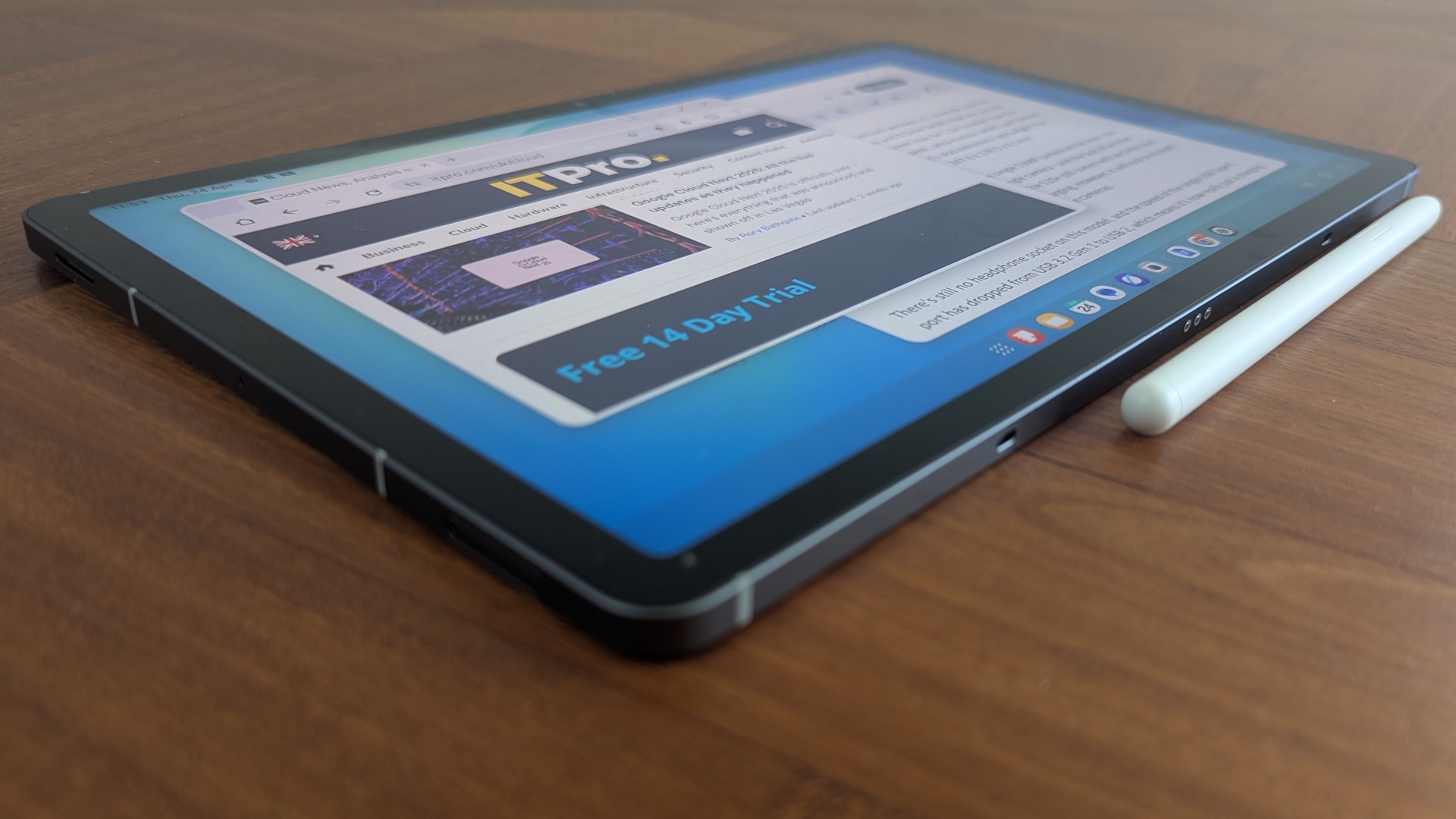 Samsung Galaxy Tab S10 FE review
Samsung Galaxy Tab S10 FE reviewReviews The Tab S10 FE retains the feel and core capabilities of Samsung's high-end S10 tablets, but compromises on the display and the performance
By Stuart Andrews
-
 IDC: The business value of IBM Maximo
IDC: The business value of IBM MaximoWhitepaper Integral to the transformation of asset management
By ITPro
-
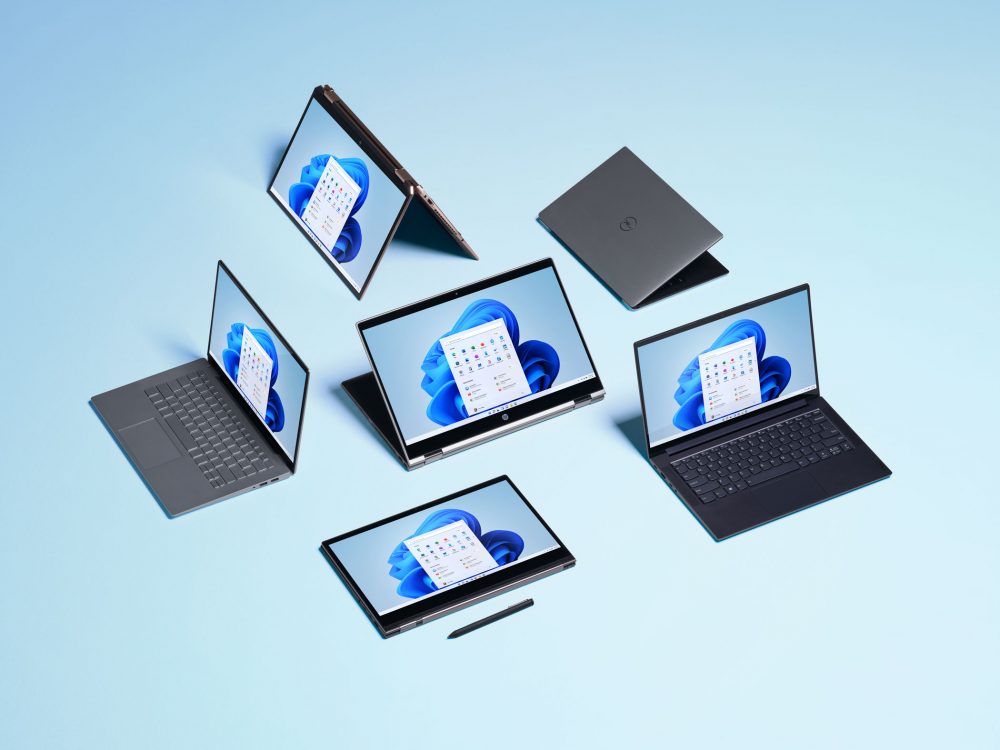 Windows 11 tips and tricks for IT professionals
Windows 11 tips and tricks for IT professionalsIn-depth Like many systems, Windows 11 has a slate of hidden tips and tricks for users looking to ramp up productivity
By John Loeppky
-
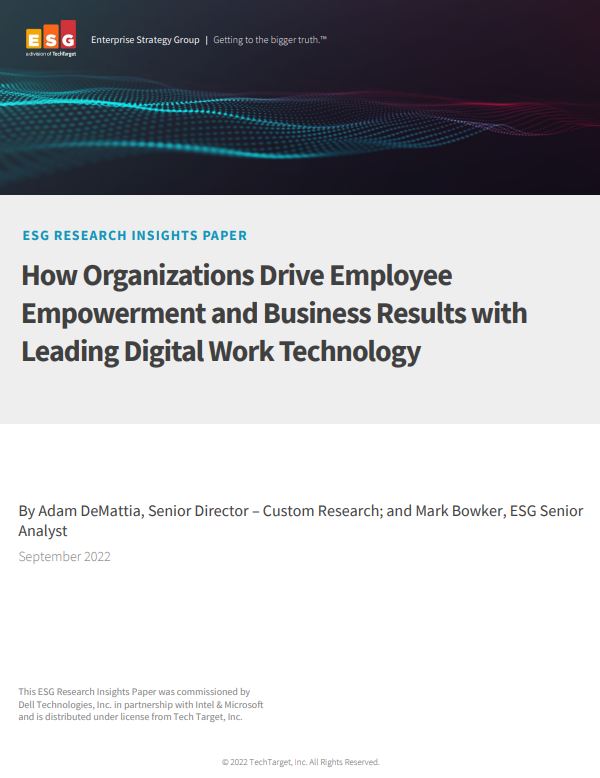 How organisations drive employee empowerment and business results with leading digital technology
How organisations drive employee empowerment and business results with leading digital technologyWhitepaper What you can achieve with a leading approach to digital work
By ITPro
-
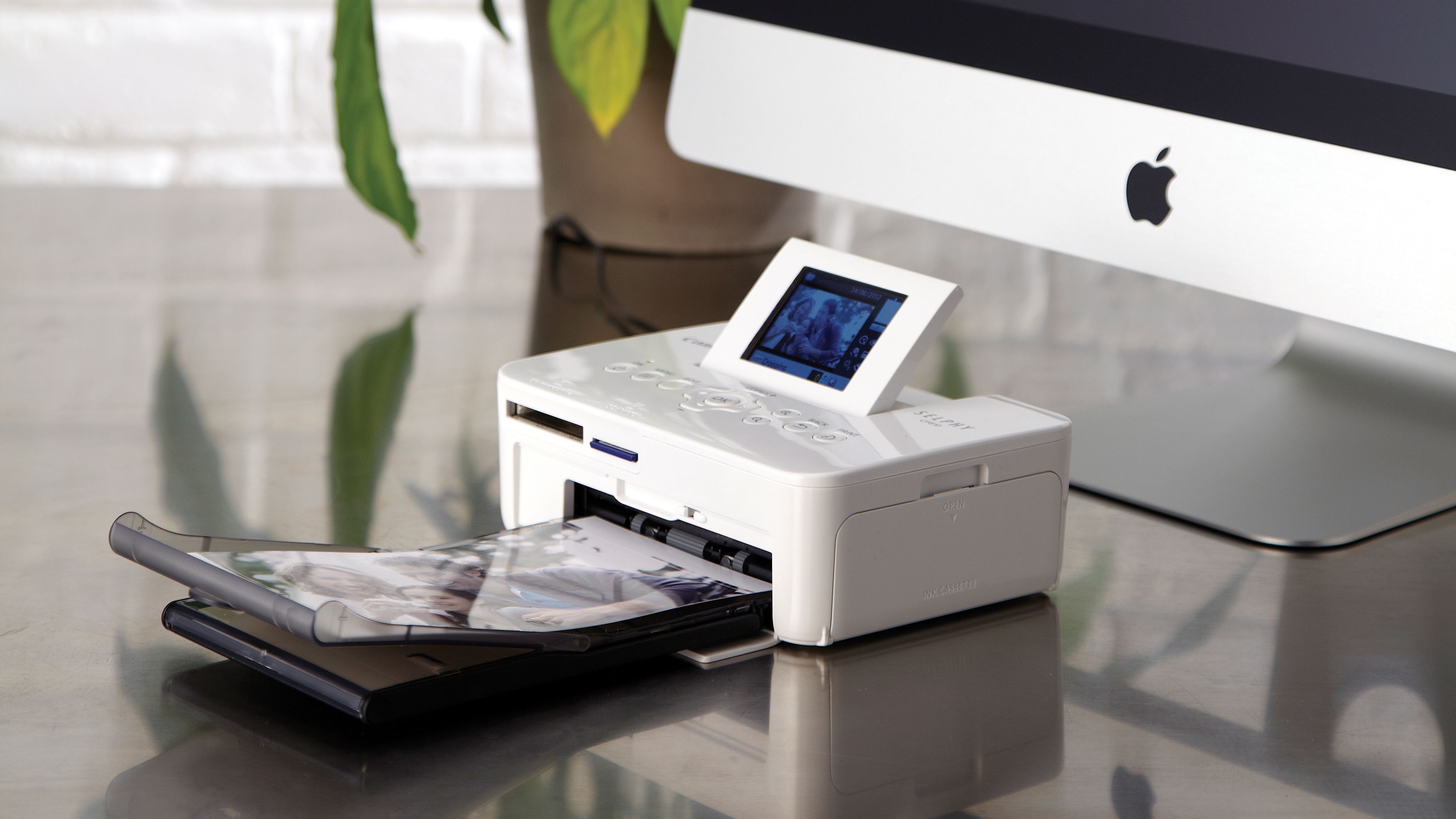 How to add a printer to macOS
How to add a printer to macOSTutorials Everything you need to know about connecting a printer to an Apple computer via cable, Wi-Fi or IP address
By Bobby Hellard
-
 How to make a printer shortcut in Windows 10
How to make a printer shortcut in Windows 10In-depth Quickly checking printer settings and the print tray just got a bit easier with these simple steps
By Rory Bathgate
-
 How to take a screenshot on MacOS
How to take a screenshot on MacOSTutorials We run you through the various ways to take a screenshot on MacOS, including how to capture tricky areas like the menu and touch bars
By Rory Bathgate
-
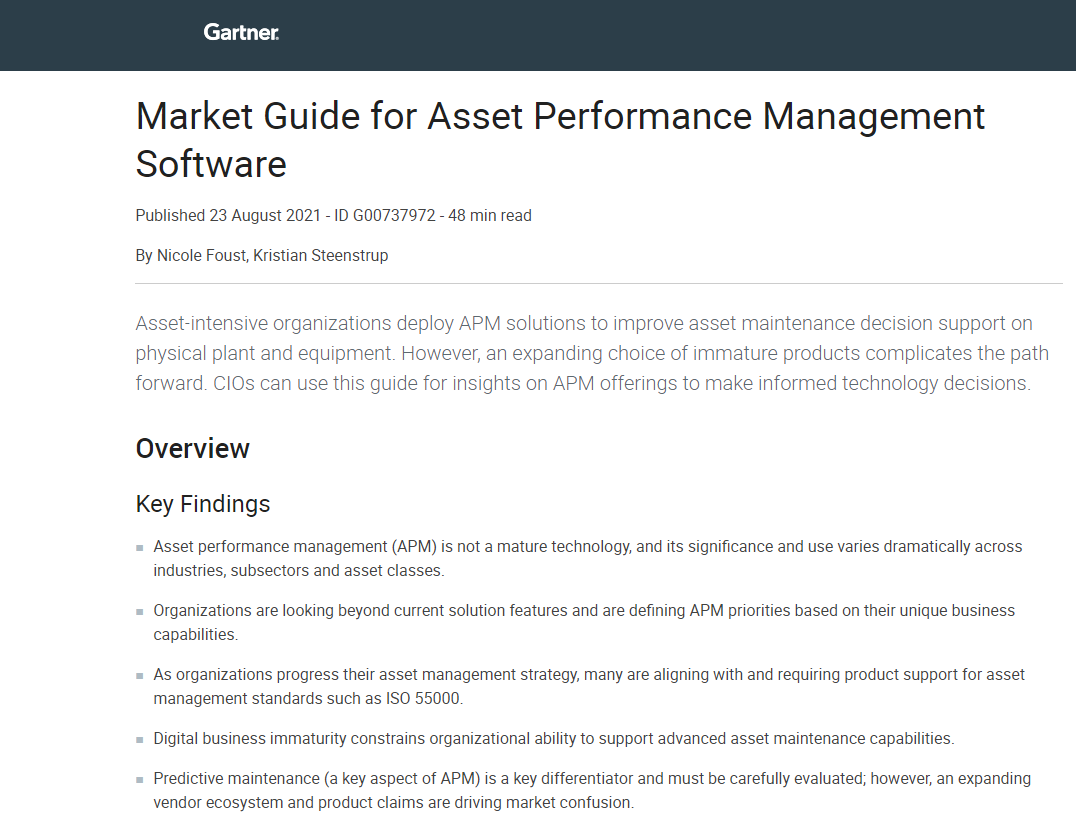 How to choose APM software for your business
How to choose APM software for your businessWhitepaper A market guide to Asset Management Performance software
By ITPro
-
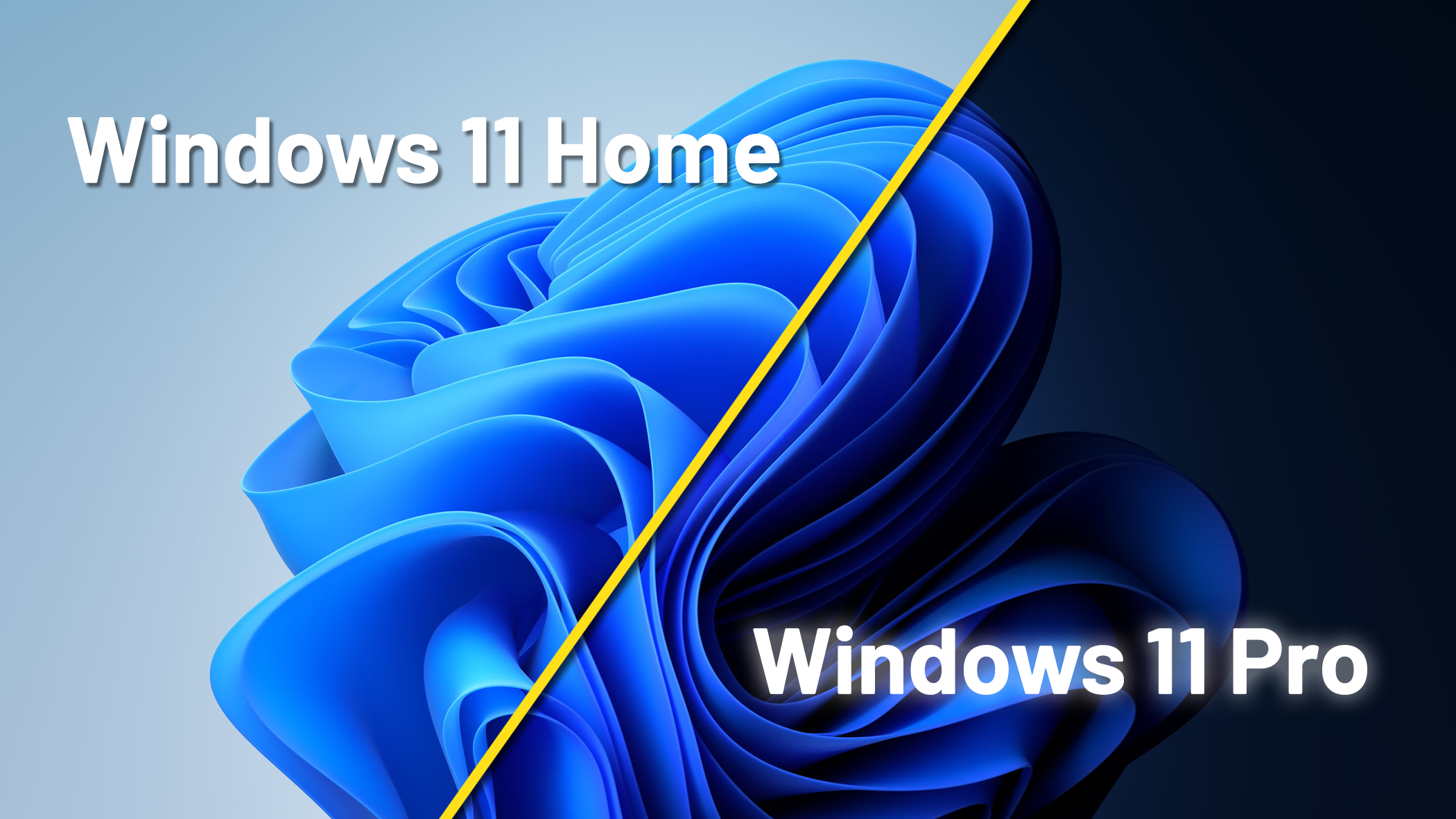 Windows 11 Home vs Pro: What's the difference for business users?
Windows 11 Home vs Pro: What's the difference for business users?Vs A comparison of the various features and tools available across Windows 11's Home and Pro versions
By Chris Merriman